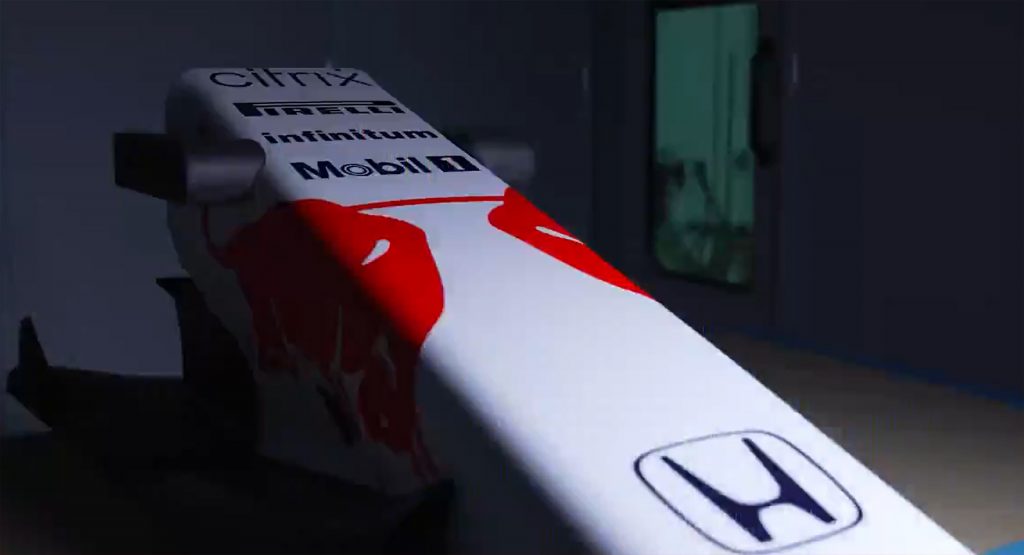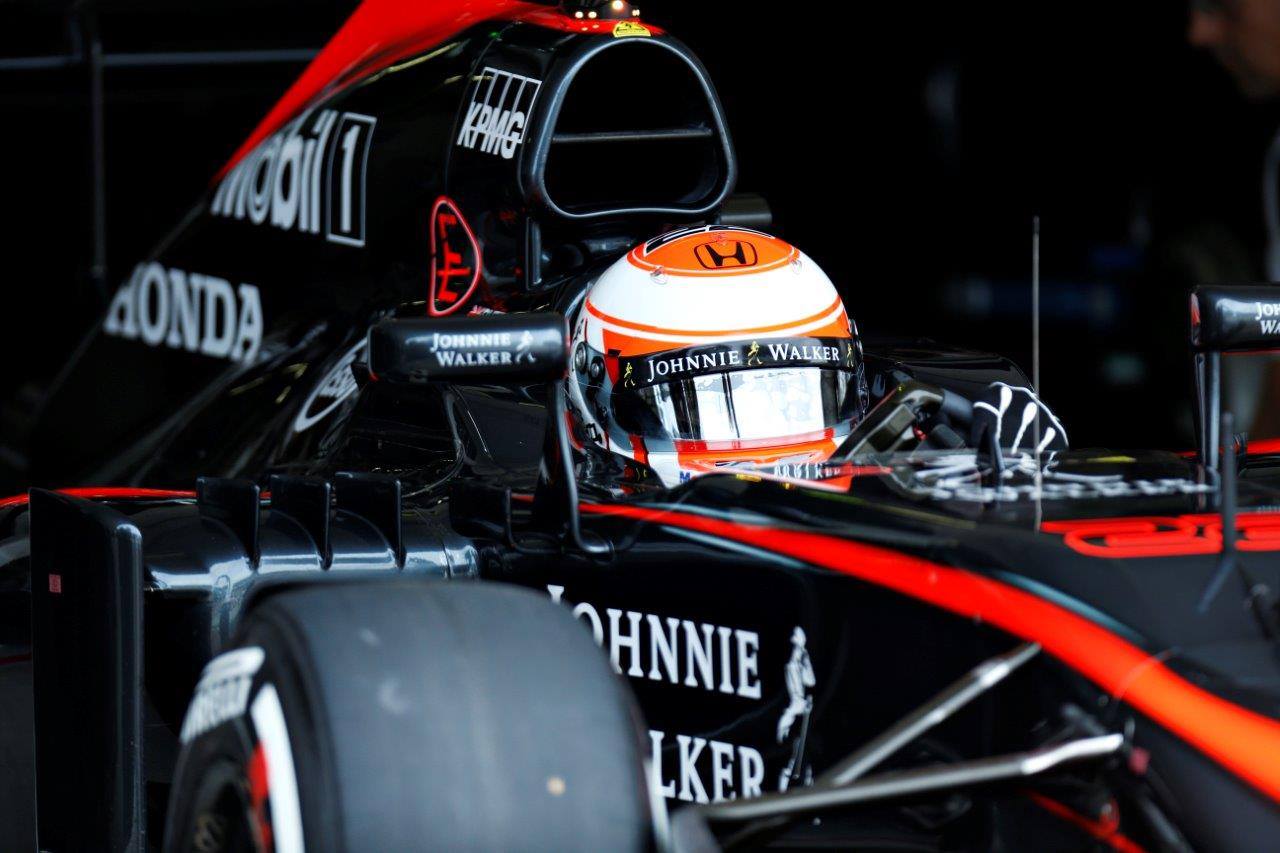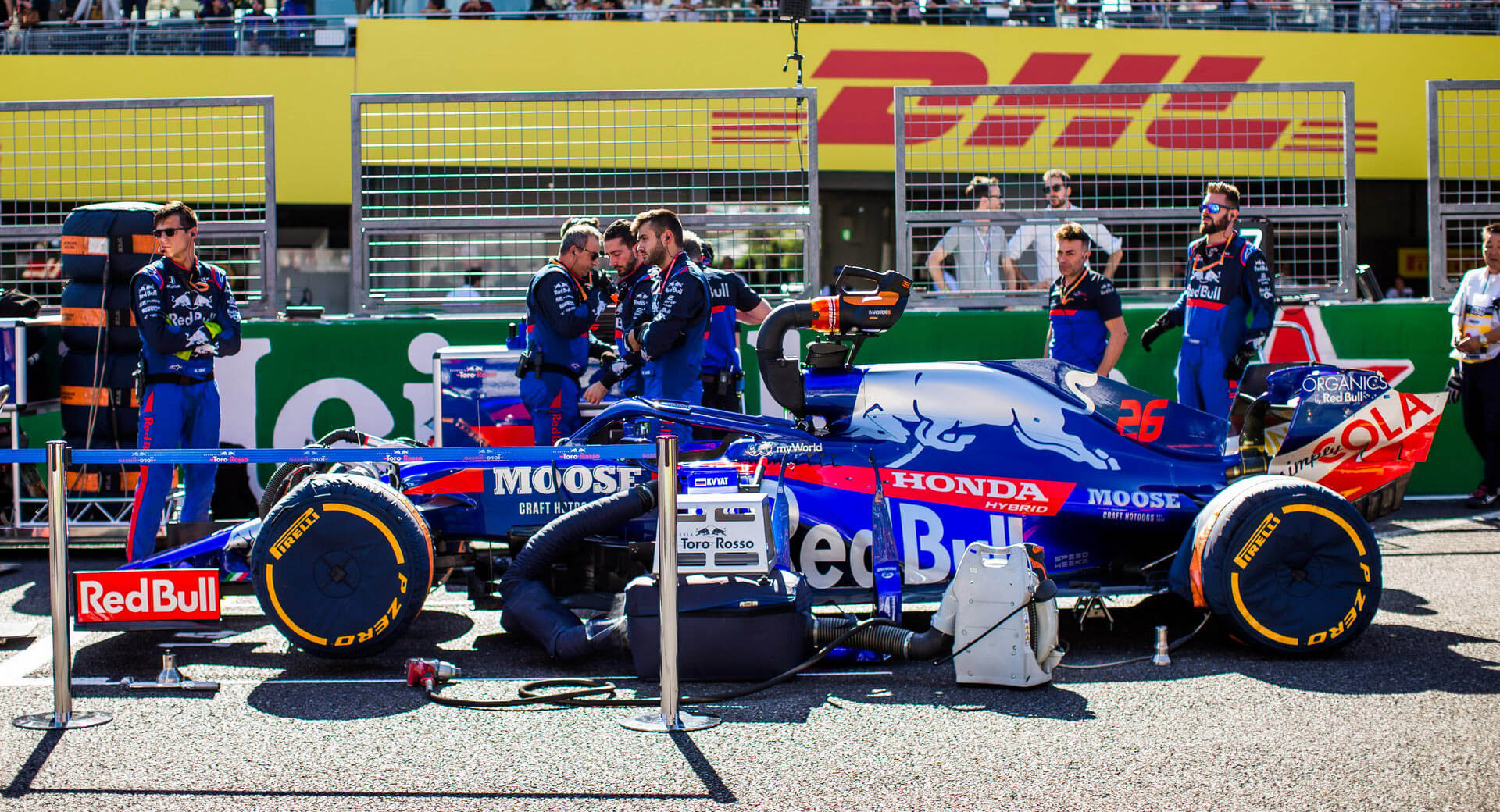When the McLaren F1 team and Honda joined forces in 2015, many thought they were about to witness a repeat of one of the most dominant partnerships in F1 lore. The history books, after all, showed precedent — the last McLaren-Honda partnership had won 44 out of 80 races between 1988 and 1992. Sadly, what transpired was, in fact, quite the opposite.
As a video from The Race details, the engine that was touted to bring McLaren back into contention was a laughing stock and almost drove the manufacturer to quit the sport after only three years. Fast forward six years, and Honda indeed is departing the sport. However, their exit is not in disgrace, but rather as champions — albeit not with McLaren, but with Red Bull Racing.
Troubles From The Get-Go
McLaren CEO Ron Dennis was more than keen on getting the project going. His team had just lost their works team status, with Mercedes-Benz opting to field their own entry by buying up the championship-winning Brawn GP (itself somewhat ironically born out of a previously abandoned works effort by Honda).
Keen to get things underway, Dennis pushed Honda to develop their engine an entire year ahead of schedule. Perhaps unsurprisingly, the hybrid engine was not only extremely unreliable, but it was also woefully underpowered. McLaren’s drivers, Jenson Button and Fernando Alonso, struggled to keep their cars in the race as the package was 2.7 seconds off the qualifying pace.
See: McLaren’s Formula 1 Fall From Grace Might Was More Than Just Bad Luck
Progress was slow, and despite some glimmers of hope, the partnership never bore fruit. Even after Honda had sorted their reliability issues, the power just wasn’t there, and Mclaren placed sixth in the Constructors’ championship that year. Dispite a rethink of the turbo design, 2017 wasn’t very successful either. After three frustrating years, time was called on the partnership, with not a single podium scored in some 60 races.
Enter The Bulls
Coming from the painful loss of Mercedes works status, Dennis was keen to ensure that Honda’s engines were exclusive. But with his removal from management in 2016, Honda was able to ink a deal with Sauber, which would have commenced in 2018. But that would mean breaking a 10-year relationship with Ferrari, and before long, the deal was off. With McLaren announcing that they’d be switching to Renault power, Honda’s time in F1 looked like it was over.
At the 11th hour, one team decided to give Honda another chance, with Franz Tost from Torro Rosso (Red Bull’s junior team) keen to roll the dice. Honda F1 project leader Masashi Yamamoto admitted that it was Tost that inspired his team to keep going. Unlike McLaren, Toro Rosso encouraged Honda to be innovative in its approach and allowed the engine provider more room to make changes.
The deal involved complex wrangling on Red Bull and Renault’s part. Renault were engine suppliers to both Toro Rosso and the primary Red Bull Racing team, while Toro Rosso’s driver, Carlos Sainz Jr., was eyeing a switch. But with the Spaniard allowed to move to Renault, the pathway for a Honda engine in the back of the Toro Rosso was cleared.
The results were self-explanatory, with Toro Rosso Honda finishing fourth in just their second start at the 2018 Bahrain Grand Prix. After a promising season, it was confirmed that Honda would get the gig to supply engines to both “A” and “B” teams, with Red Bull Racing welcoming the Japanese manufacturer onboard.
Everything Clicks
Things kept improving for Honda and Red Bull over time, especially in terms of reliability. Technical head Toyoharu Tanabe introduced a more focused development cycle that produced a potentially championship-winning car. After signs of promise throughout the partnership, Honda’s dream of powering their first World Champion since Ayrton Senna came true in 2021, with Max Verstappen securing the title on the last lap of the last race of the season. Perhaps crucially, Honda had one of the most reliable power units on the grid, along with the power to match and sometimes surpass that of the dominant Mercedes.
Honda leaves the sport as an engine supplier but will continue to maintain close links with Red Bull, which will take over engine development. But the contrast of relationship Honda had with McLaren vs. Red Bull is evident even after their exit, with a report indicating that Honda will continue to produce Red Bull’s engines until 2025, albeit unbranded.







